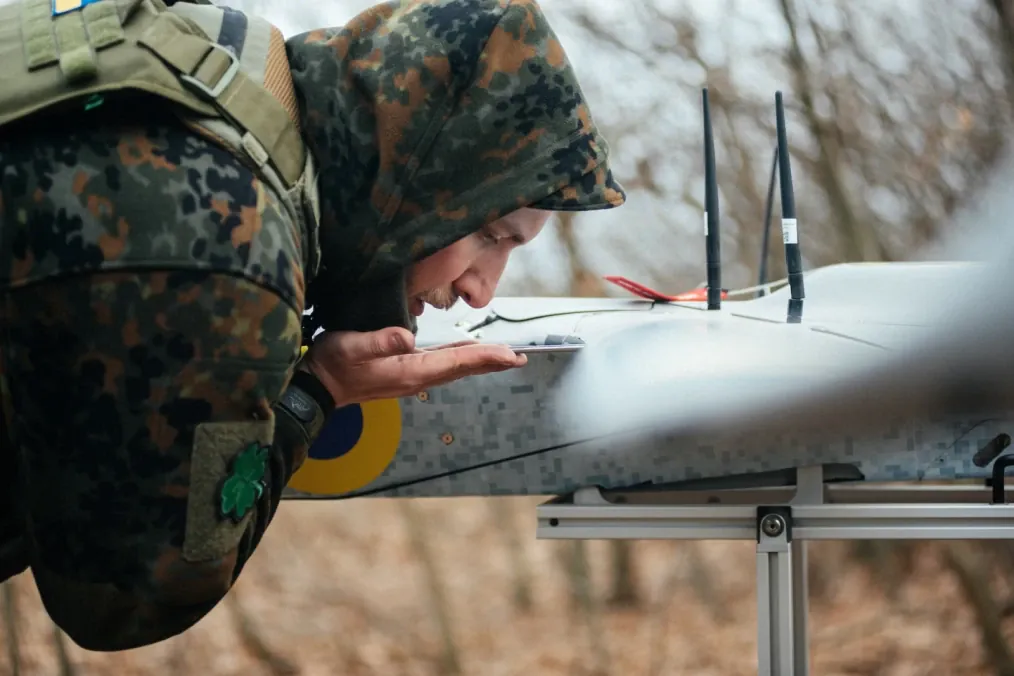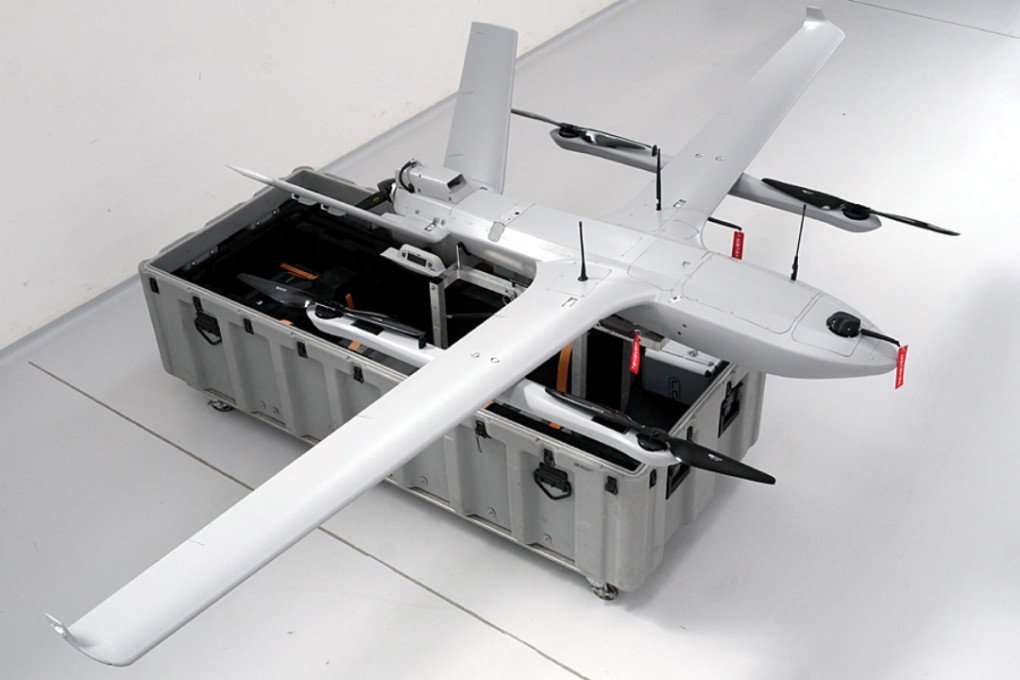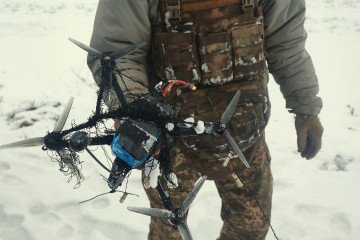- Category
- Latest news
Portuguese Drone Maker TEKEVER to Open Office in Ukraine to Boost Frontline Support

Portuguese defense firm TEKEVER plans to open a representative office in Ukraine to enhance and accelerate maintenance of its drones used by Ukraine’s Defense Forces. Company representatives announced the move to AIN on April 7.
With the opening of its Ukrainian office, TEKEVER plans to expand its workforce, grow its network of engineering, service, and research facilities, and establish new training centers to improve joint operations with Ukrainian partners.
“Opening an office in Ukraine will allow TEKEVER to strengthen its support, accelerate the adaptation of its systems, expand training opportunities for Ukrainian partners, and foster collaboration with other organizations in the region to develop new solutions,” the company said.
TEKEVER has been working with Ukrainian forces since 2022, supplying unmanned systems for intelligence, surveillance, target detection, and acquisition. Its flagship drone, the AR3, has already logged over 10,000 flight hours in combat operations in Ukraine.
The AR3 is designed for both maritime and land reconnaissance and features vertical takeoff and landing capabilities. It has a wingspan of 3.5 meters (approximately 11.5 feet), a length of 1.9 meters (about 6.2 feet), and a weight of 25 kg (55 pounds), with a payload capacity of 4 kg (8.8 pounds).

In its VTOL (vertical takeoff and landing) configuration, the AR3 can fly for up to 8 hours. When launched by catapult, its endurance extends to 16 hours. It can reach altitudes of up to 3,600 meters (about 11,800 feet), has a communication range of 100 km (62 miles), and cruises at speeds between 75 and 90 km/h (47 to 56 mph).
In addition to the widely used AR3, Ukrainian forces also operate the AR5, a higher-tier tactical drone also built for reconnaissance over land and sea.
According to a TEKEVER representative, both the AR3 and AR5 platforms are continuously being improved based on feedback from Ukrainian specialists.
He also noted that the Russian-Ukrainian front presents the most challenging electronic warfare (EW) environment in history — a factor that has driven the company to develop new technological solutions aimed at improving drone resilience to GPS jamming, spoofing , and other hostile EW tactics.
Earlier, it was reported that Ukrainian Special Operations Forces have begun using German-manufactured HF-1 drones equipped with artificial intelligence, according to footage published by the German outlet BILD on April 5.
-c6522ae9e5320af1cc92504c0aaa1b34.png)







-111f0e5095e02c02446ffed57bfb0ab1.jpeg)